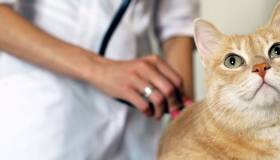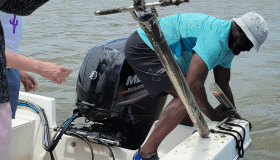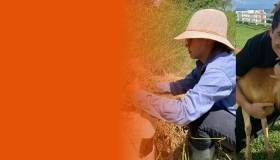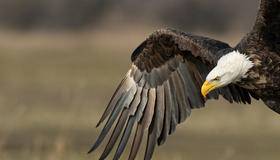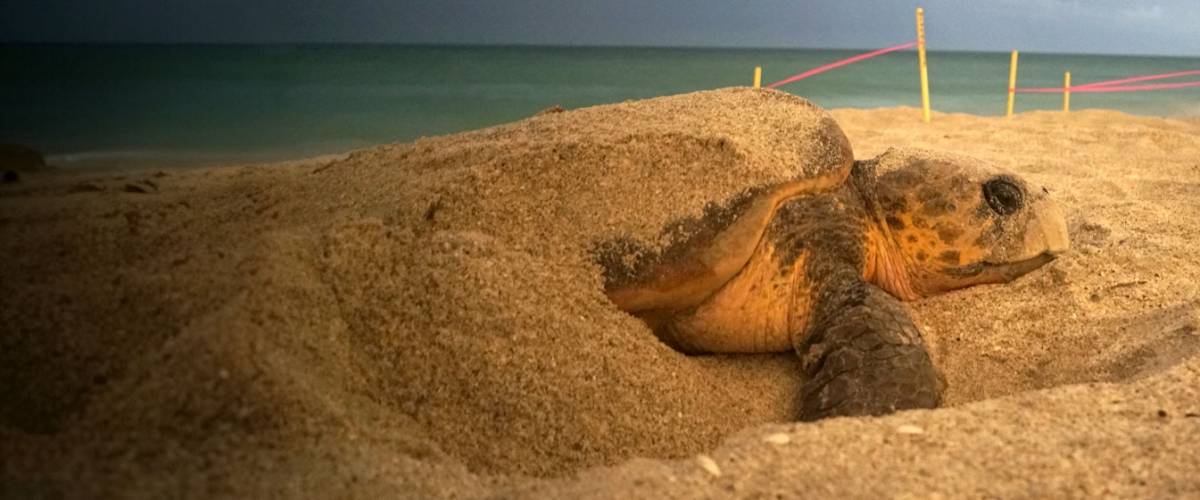
DENVER/April 3, 2024 — Morris Animal Foundation has announced the approval of funding for eight new projects, aligning with the Foundation's commitment to supporting scientific endeavors that preserve and safeguard wildlife.
"We are proud to support these eight new projects focusing on wildlife health," said Dr. Kathy Tietje, Chief Program Officer at Morris Animal Foundation. "The research conducted through these initiatives will significantly contribute to our understanding of wildlife health challenges, ultimately aiding in protecting our planet's diverse animal populations."
Morris Animal Foundation expanded its funding opportunities for applicants from historically marginalized groups through its Donor-Inspired Study program for this call. Sally R. McIntosh, a dedicated supporter of Morris Animal Foundation for nearly 14 years, is funding these minority fellowships. McIntosh's commitment to the Foundation began with her initial gift in 2009 to support greyhound health research. Over the years, her support has expanded to include wildlife health, aiming to make "a tiny dent" in diversifying the animal health research community.
The accepted projects encompass First Award and Fellowship Training proposals. First Award grants aim to support early-career researchers in establishing a successful research program. In contrast, Fellowship Training grants aim to assist new investigators in launching a successful research career by providing salary support within a high-quality mentoring environment.
"Through our research in Kruger National Park, South Africa, we aim to unravel the mysteries of tuberculosis in African lions," said Dr Rachiel Gumbo, principal investigator for a study awarded for funding. "We hope our findings will help to understand this disease better and provide practical tools and knowledge to facilitate surveillance and diagnosis of tuberculosis in free-ranging and human-managed lions, as well as serve as a model for TB in other wild felids. This would not be possible without the generous funding provided by my Morris Animal Foundation Wildlife Training Fellowship."
Grant recipients, and a brief summary of their projects, are:
- Dr. Jake Lasala, Program Manager, Mote Marine Laboratory & Aquarium — Researchers will study the impact of rising temperatures on the hatching success of nesting loggerhead and green sea turtles, including hatchling survival and growth rates and sex ratio changes over time.
- Dr. Ayisa Rodrigues de Oliveira, Universidade Federal de Minas Gerais, Brazil — Researchers will assess if the currently available yellow fever vaccine for humans is equally safe and effective in new world primates as a tool to address disease outbreaks.
- Rachiel Gumbo, Stellenbosch University, South Africa — Researchers will develop in-field methods and criteria to identify African lions with tuberculosis and guide disease mitigation efforts.
- Melissa A. Collier, Georgetown University — Researchers will evaluate the relationships between season changes, population dynamics, and climate change and their impact on disease transmission in bottlenose dolphins to help predict and monitor future disease outbreaks.
- Cambrey C. Knapp, Oregon State University — Researchers will study foot-and-mouth disease virus strains circulating in buffalo and cattle living in overlapping ranges in South Africa to identify outbreak sources and strains contributing to widespread disease.
- Jennifer H. Yu, University of California, Davis — Researchers will investigate and characterize different strains of elephant endotheliotropic herpesvirus and which factors are more likely to cause hemorrhagic disease in Myanmar's managed elephant population to help improve health management efforts for Asian elephants.
- Dr. Isabel Callealta Rodríguez, Chester Zoo, United Kingdom — Researchers will identify factors of reproductive successes and failures of Amur and Sumatran tigers housed in European zoos and create a biobank of cryopreserved sperm samples to assist with species conservation and breeding programs.
- Raquel Francisco, University of Georgia — Researchers will study genetic influences and skin microbiome (bacteria and fungi) in developing sarcoptic mange in American black bears, a growing disease concern for this species.
About Morris Animal Foundation
Morris Animal Foundation's mission is to bridge science and resources to advance the health of animals. Founded in 1948 and headquartered in Denver, it is one of the largest nonprofit animal health research organizations in the world, funding nearly $160 million in more than 3,000 critical animal health studies to date across a broad range of species. Learn more at morrisanimalfoundation.org.
Media Contact: Annie Mehl

